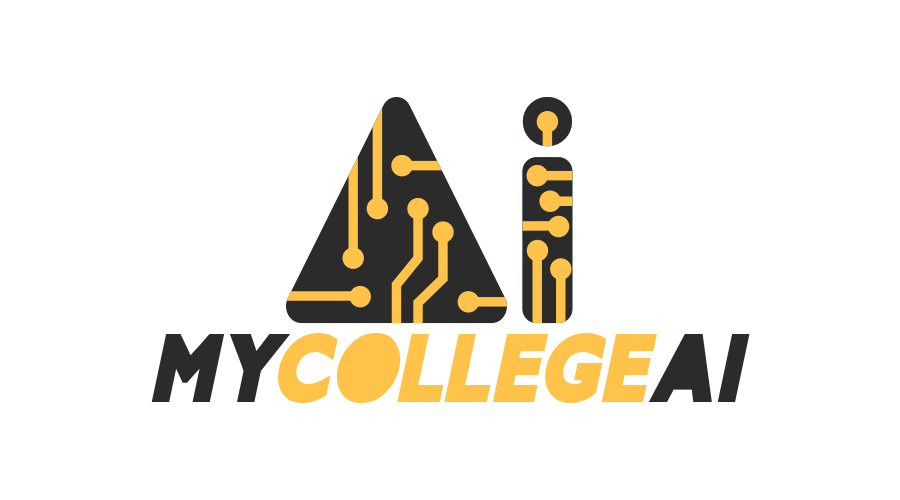In today’s rapidly evolving educational landscape, leveraging online platforms for professional development has become a necessity. As educators strive to enhance their teaching methodologies and stay current with technological advancements, utilizing various digital tools can significantly boost their professional growth. This article explores how technology tools for teachers and digital tools for online teaching can be effectively used for professional development.
The Importance of Professional Development
Professional development is essential for educators to refine their skills, adopt new teaching strategies, and meet the diverse needs of their students. Continuous learning allows teachers to stay updated with the latest educational trends, pedagogical approaches, and technological advancements. With the increasing reliance on digital education, integrating technology tools for teachers into professional development programs has become crucial.
Technology Tools for Teachers: Enhancing Skills and Knowledge
Technology tools for teachers offer numerous resources that can facilitate professional growth. These tools include online courses, webinars, virtual workshops, and collaborative platforms that provide educators with opportunities to learn and interact with peers globally. For instance, platforms like Coursera, Udemy, and Khan Academy offer courses specifically designed for educators, covering a wide range of topics from classroom management to advanced pedagogical techniques.
Digital Tools for Online Teaching: Expanding Horizons
Digital tools for online teaching have revolutionized the way educators deliver content and engage with students. Tools such as Google Classroom, Microsoft Teams, and Zoom have become integral in facilitating remote learning. By mastering these tools, teachers can create interactive and engaging online learning environments. Moreover, these platforms often offer professional development resources to help educators enhance their digital teaching skills.
Online Courses and Certifications: Pathways to Advancement
One of the most effective ways for teachers to leverage online platforms for professional development is through online courses and certifications. These courses are often self-paced, allowing educators to balance their professional development with their teaching responsibilities. Certifications in areas such as instructional design, educational technology, and subject-specific pedagogy not only enhance a teacher’s skill set but also add value to their professional credentials.
Webinars and Virtual Workshops: Learning from Experts
Webinars and virtual workshops provide educators with opportunities to learn from experts in the field. These sessions often cover the latest research, innovative teaching strategies, and practical tips for integrating technology into the classroom. Participating in webinars and virtual workshops allows teachers to gain insights from leading educators and apply these learnings to their teaching practices.
Collaborative Platforms: Building Professional Learning Communities
Collaborative platforms such as Edmodo, Teach Meet, and Twitter chats enable teachers to connect, share resources, and collaborate on projects. These platforms foster the creation of professional learning communities where educators can discuss challenges, share successes, and seek advice. Engaging in these communities can provide teachers with ongoing support and inspiration, further enhancing their professional development.
Utilizing Social Media for Professional Development
Social media platforms like Twitter, LinkedIn, and Facebook offer valuable resources for professional development. Educators can follow thought leaders, join professional groups, and participate in online discussions to stay informed about the latest trends and best practices in education. Social media also provides a platform for teachers to share their experiences and learn from their peers.
Integrating Technology into the Classroom: Practical Applications
Effective professional development involves not only learning about new tools but also integrating them into classroom practice. Teachers can leverage technology tools for teachers and digital tool for online teaching to create more interactive and engaging learning experiences for their students. For example, using interactive whiteboards, educational apps, and online assessment tools can enhance student engagement and improve learning outcomes.
Overcoming Challenges in Online Professional Development
While online professional development offers numerous benefits, it also presents certain challenges. These include finding reliable resources, managing time effectively, and staying motivated in a self-paced learning environment. To overcome these challenges, educators should seek recommendations from trusted colleagues, set specific goals for their professional development, and create a structured learning plan.
Conclusion
As the educational landscape continues to evolve, leveraging online platforms for professional development will become increasingly important. By utilizing technology tools for teachers and digital tools for online teaching, educators can enhance their skills, stay current with educational advancements, and improve their teaching practices. For those seeking comprehensive resources, educational.tools provides a variety of tools and courses designed to support teachers in their professional development journey.

